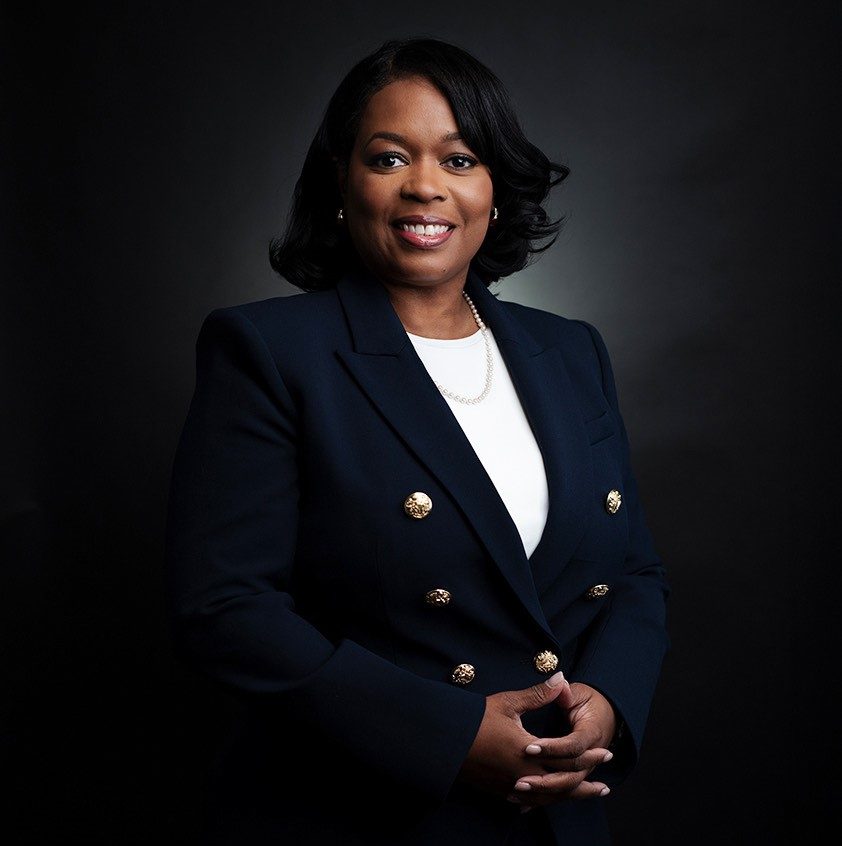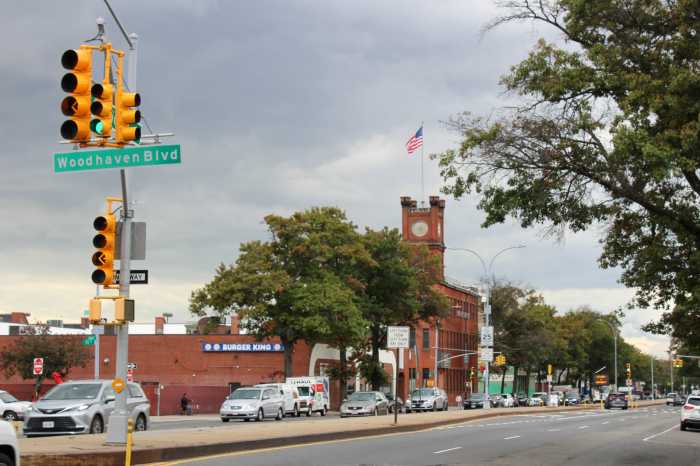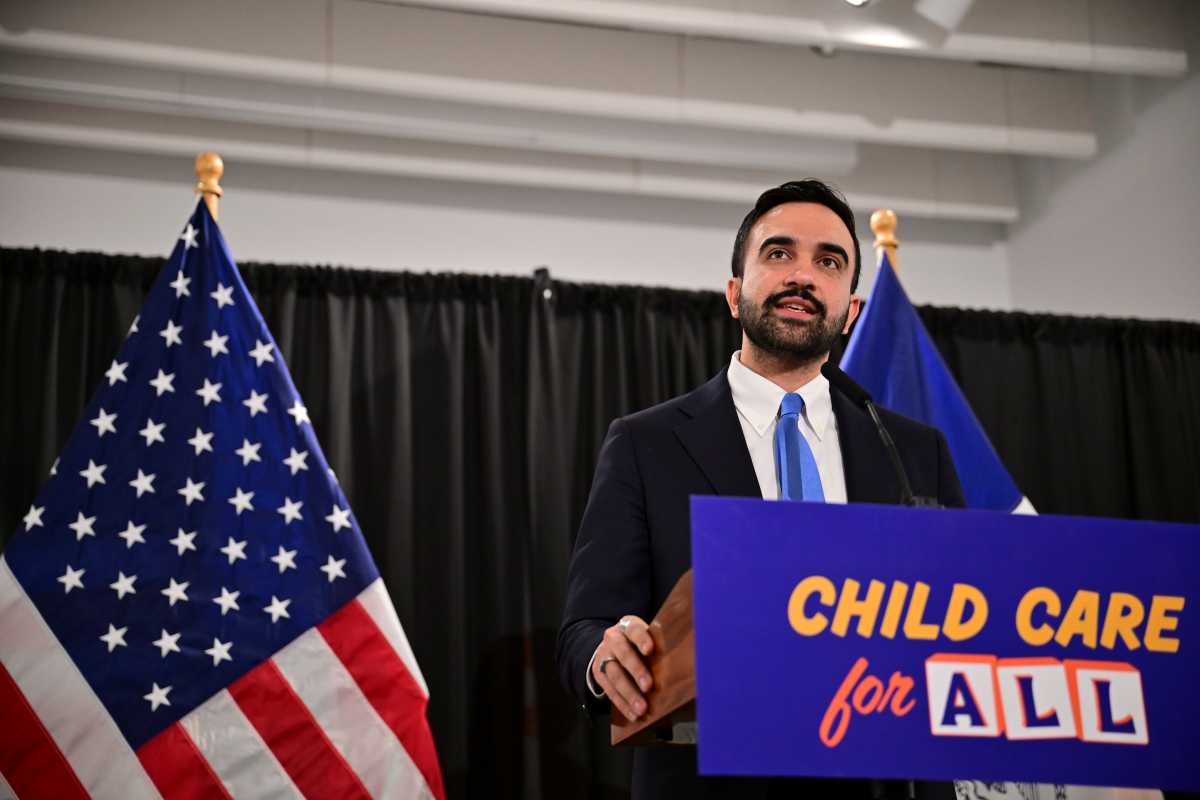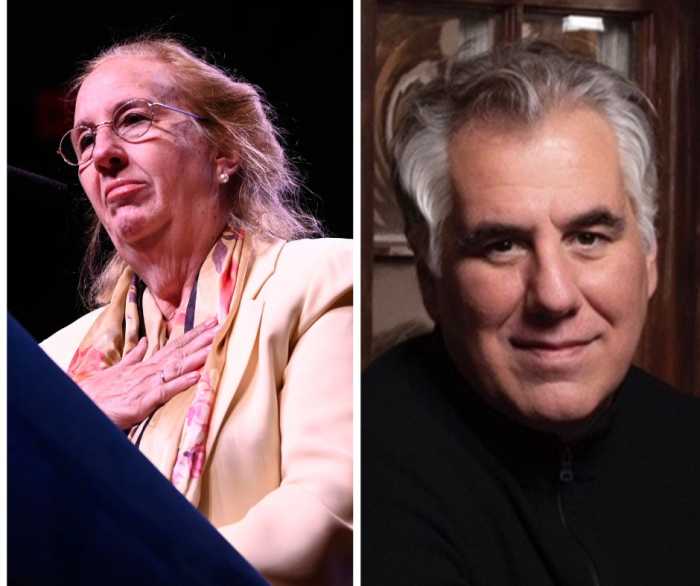Each year, Black Maternal Health Week (April 11–17) offers a powerful opportunity to pause, reflect, and recommit ourselves to the ongoing fight for maternal health equity. As a Black woman, a mother, and now the proud CEO of the Joseph P. Addabbo Family Health Center (JPAFHC), this week holds deep personal and professional significance for me.
The theme of this year’s Black Maternal Health Week—“Healing Legacies: Strengthening Black Maternal Health Through Collective Action and Advocacy”—represents not only the systemic injustices that persist in our healthcare system but also the resilience and leadership of Black mothers, advocates, and community-based health organizations like ours.
We know the numbers, and they are both painful and unacceptable: Black women in the United States are nearly three times more likely to die from pregnancy-related causes than white women. In 2023, the maternal mortality rate for non-Hispanic Black women was 50.3 deaths per 100,000 live births—almost three and a half times the rate for non-Hispanic white women. And the most heartbreaking truth of all? The CDC reports that over 80% of these deaths are preventable.
These rates represent not only a healthcare crisis—but a moral one. At the Joseph P. Addabbo Family Health Center, we don’t just see statistics—we see the mothers, families, and futures they represent. We see the gaps in care and the unnecessary pain endured by far too many Black women during what should be one of the most sacred times in their lives.
That’s why JPAFHC is committed to changing that story. Our women’s health services—ranging from prenatal and postpartum care to family planning—are designed with a unique understanding of the needs, experiences, and voices of Black mothers and birthing people. We work daily to ensure that care at JPAFHC is high-quality, culturally responsive, affirming, and rooted in respect. We are working with our HealthCare partners to ensure moms have access to delivery facilities close to home.
We recognize that true health equity starts with trust and is sustained through access. That’s why we offer wraparound services—from telehealth to on-site pharmacies to social support, radiology and labs—that allow mothers to get the care they need when and how they need it. We’re also investing in our workforce, training providers who reflect and respect the communities we serve. Because representation and compassion should never be optional.
To truly heal legacies, we must listen to Black mothers and trust their experiences, which requires building systems that not only include us but are shaped by us. It means ensuring that every mother from Rockaway to Brooklyn, across Southeast Queens, and beyond has the opportunity not only to survive childbirth but to thrive long after it.
As a mother of three beautiful children, I understand how vulnerable that journey can be. As a leader, I have the responsibility—and the privilege—of ensuring that our community health center continues to be a beacon of dignity, equity, and care for every Black mama who walks through our doors.
This week and every week, JPAFHC stands proudly with the Black Mamas Matter Alliance and all those fighting for birth justice. Together, we honor the past, protect the present, and build a future where Black moms, families, and communities not only survive but thrive.

Renee Hastick-Motes is the Chief Executive Officer of The Joseph P. Addabbo Family Health Center with locations in Arverne, Far Rockaway, Jamaica and Brooklyn. She is also an adjunct professor at Hofstra University and holds an MPA from Long Island University. She is widely recognized for her commitment to public service and advancing health equity across Queens and beyond.


































